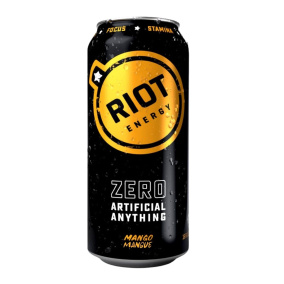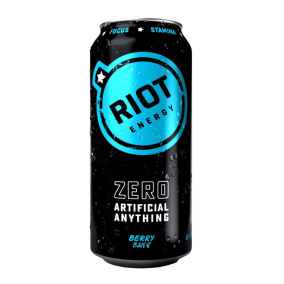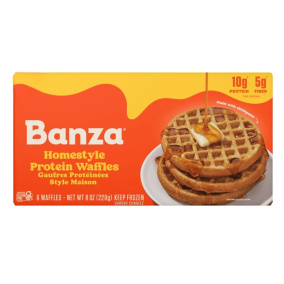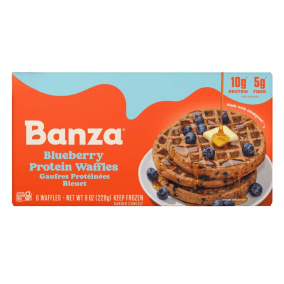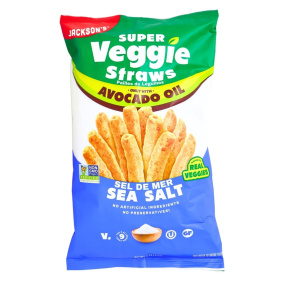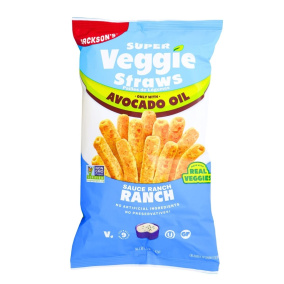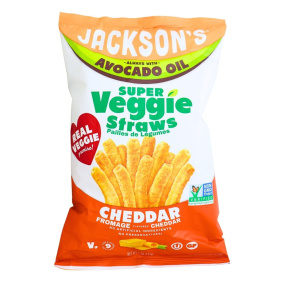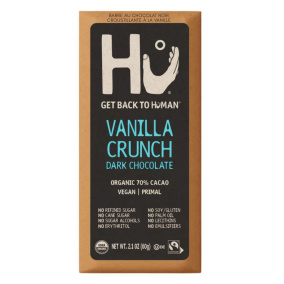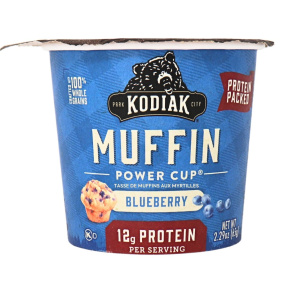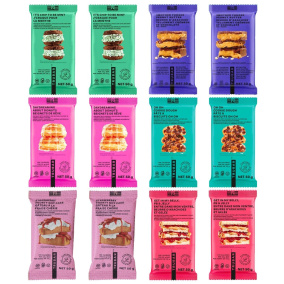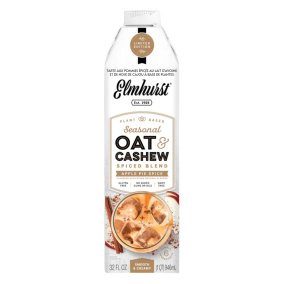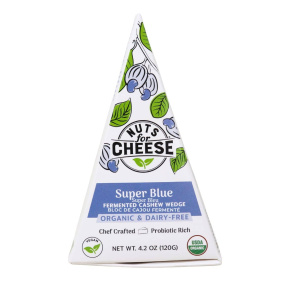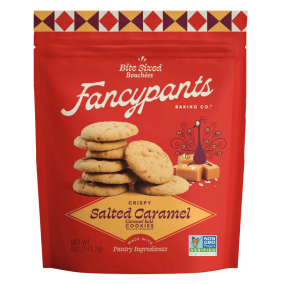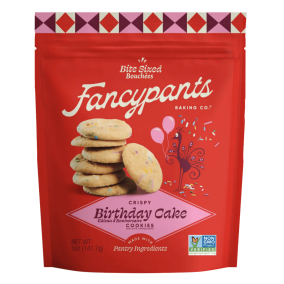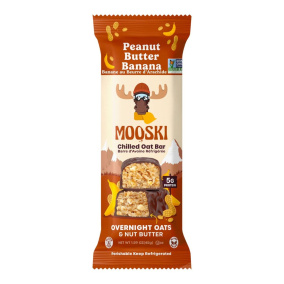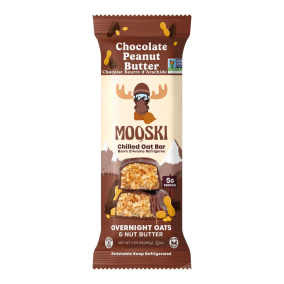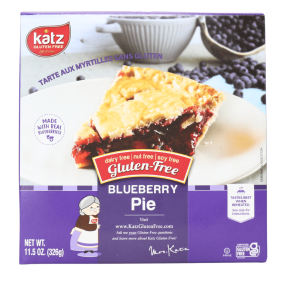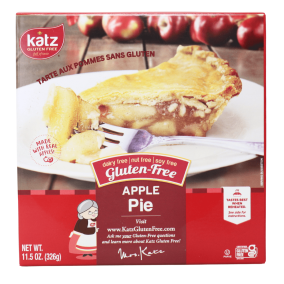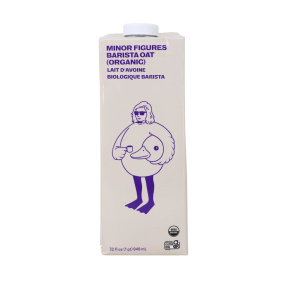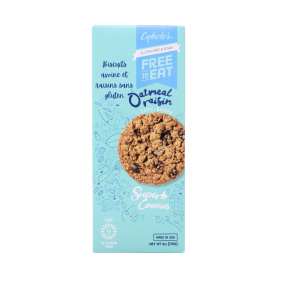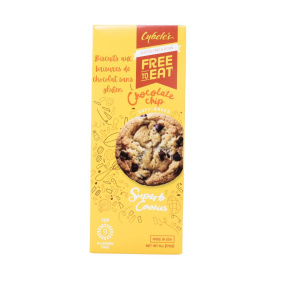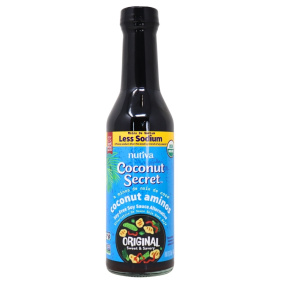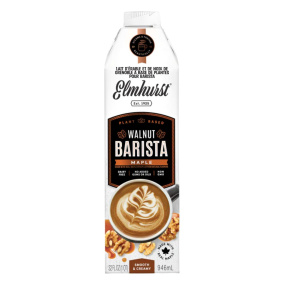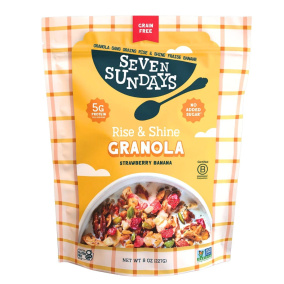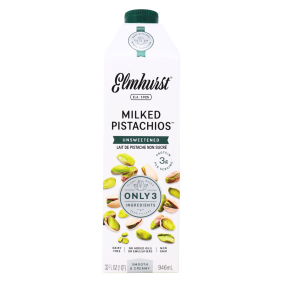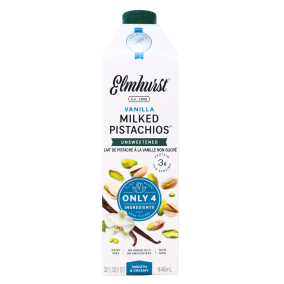Kosher
Discover our carefully curated selection of Kosher-certified products, all chosen to meet strict dietary laws and high-quality standards - so you can shop with confidence and peace of mind.
- CA$3.99

- CA$3.99

- CA$3.99

- Our Price CA$9.09 Retail Price CA$12.99 (Save 30%)

- Our Price CA$9.09 Retail Price CA$12.99 (Save 30%)

- CA$6.29

- CA$6.29

- CA$6.29

- CA$7.79

- Our Price CA$3.99 Retail Price CA$4.69 (Save 15%)

- Our Price CA$45.49 Retail Price CA$47.88 (Save 5%)

- Our Price CA$7.19 Retail Price CA$9.29 (Save 23%)

- CA$13.99

- CA$8.99

- Our Price CA$8.09 Retail Price CA$8.99 (Save 10%)

- CA$8.99

- CA$3.99

- CA$3.99

- CA$10.29

- CA$10.29

- CA$7.99

- CA$9.49

- CA$9.49

- CA$9.49

- CA$9.49

- CA$11.99

- CA$9.29

- CA$15.59

- CA$12.99

- CA$12.99

Oh, hello, we didn’t see you there! However, we’re glad you’re here! This is the area for all things Kosher!
So what does it mean to follow a Kosher lifestyle?
Following a Kosher diet/lifestyle means that you find foods that comply with traditional Jewish law! A Kosher diet allows and restricts certain foods and how they are produced/prepared before consumption. Some individuals follow these rules with a more strict mindset, while others only follow some/none of these guidelines.
There are 3 main categories of a Kosher diet: Meat, Dairy, and Pareve!
Dairy + Meat Products - must not be consumed or served with the same meal. If, for example, you had meat with a meal, you would have to wait a certain amount of time before consuming any dairy products.
Pareve Products - they are considered neutral. They can be consumed with both meat and dairy products and there is no amount of time needed to wait before having them. However, if the Pareve product is processed/prepared using tools that were used to process dairy/meat products, then the Pareve product will fall under the meat/dairy category.
But how do you know if something is Kosher?
Most products that are Kosher certified or Kosher compliant will have symbols indicating so. These symbols can be found on most packaging, either on the front or the back. If a Pareve symbol is seen on a product, that means the product was not processed on the same equipment as dairy or meat.
There are many individuals who are not Jewish who still embrace the Kosher diet as per their preference. There is also some overlap between a Kosher diet and a Vegan diet! However, the difference is that a Kosher diet allows for some meat to be consumed, whereas a Vegan diet is restricted in that sense (no meat/animal byproducts).
Are there any other Kosher guidelines?
Yes! Some other aspects of a Kosher lifestyle include:
- Meat consumed by those who follow a Kosher diet must come from animals (mammals) that have cloven hooves (cows or sheep).
- Pork is a meat that is prohibited.
- There are also certain fowls that can be consumed as well. Those fowls include; chicken, geese, turkey, and a few others.
- To be considered Kosher “meat”, an animal must be slaughtered by someone who has knowledge in butchering animals that align with Jewish laws.
- One must soak or clean a meat product to remove any traces of blood.
- Depending on the rules you follow, utensils, dishes, and other equipment used with “meat” products must be separated from utensils used for dairy products.
- Dairy products, such as cheese, yogurt, milk, and butter are allowed on a Kosher diet. But, dairy products must come from a Kosher animal.
- Dairy cannot be consumed in the same meal as meat.
- Like meat, dairy products must be prepared separately from meat.
- Pareve products are considered neutral. This includes fish and eggs.
- Fish that are allowed on a Kosher diet include; salmon, tuna, halibut, or mackerel.
- Shellfish is prohibited.
- Plant-based foods are also considered Pareve.
- Always be sure to look for a Pareve or Kosher Certified symbol on packaging or inquire about something you’re not sure of.
Okay so where can I find Kosher products?
Ahem…well here of course! At Natura Market, we have a variety of snacks and other products that are Kosher certified to suit your lifestyle! What are you waiting for? Start exploring!




